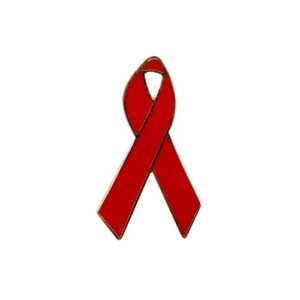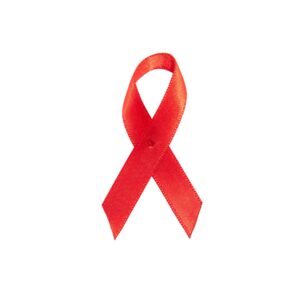Every Kid Healthy Week
Every Kid Healthy Week is an annual observance created in 2013. It is dedicated to celebrating school health and wellness achievements. It is recognized on the calendar of National Health Observances, and observed the last full week of April each year. Each day of the week shines a spotlight on the great actions schools and families are taking to improve the health and wellness of their kids. It also emphasizes the link between nutrition, physical activity, mental health, and learning. When healthy kids are better prepared to learn, they thrive! Wear a red pin, fabric ribbon, or silicone awareness bracelet (for an apple) or the same products in green to call attention to good health and this important awareness month.
Take Action During Every Kid Healthy Week
At School
Every Kid Healthy Week events encourage and reinforce healthy habits, good nutrition, emotional health, and physical activity.
At Home
Help celebrate Every Kid Healthy Week by encouraging emotional wellness, good nutrition, and physical activity with your own family – healthy habits start at home.
Everyone deserves a fair opportunity to have their health needs met
Every Kid Healthy Week helps create healthy places, neighborhoods, and communities. This is where families have real opportunities to make healthy choices that encourage their health, vitality, and well-being. For example, this includes access to affordable healthy food and meaningful opportunities to play and be active. However, many families face barriers when it comes to accessing these resources.
The risk that children face for obesity is heavily reliant on social determinants of health. In areas associated with poor housing, high crime, low income and poverty, poor access to transportation, low educational attainment, and other community deficits are related to an increased risk of these health outcomes.
Data reveals that systemic racism continues to have a drastic impact on health outcomes and continues to create health disparities. Every Kid Healthy Week works to improve these social determinants in order to reduce the impact that disparities are having on children and families.
Changing the environment is the best way to change behaviors. Every Kid Healthy Week emphasizes changing behaviors.
Guided by the CDC’s Spectrum of Opportunities, providers offer evidence-based training programs to serve thousands of children. Championing the need for policy changes, statewide collaborative programs lead to sustainably integrate healthy eating and physical activity. Best practices programs, for example, lead to initiatives in physical activity curricula and integrating the tools, trainings, and support materials for coaching. By incorporating stronger, best-practice health standards into child care licensing requirements, outcomes ensure healthier environments that support children’s growth and development.
Examples for Every Kid Healthy Week Include:
5: Eat five servings of fruit and vegetables.
Fill up your plate with fresh, frozen, or canned vegetables. They are all good for you.
2: Be on your screen two hours or less for recreational use.
That means your phone, tablet, and TV. Screen time can interfere with getting enough physical activity and can lead to mindless snacking. Learn how to manage your screen time.
1: Get at least an hour of physical activity.
Physical activity can mean a lot of things. It can, for example, mean walking, playing sports, running, climbing at the playground, biking with friends, or dancing around the house with your family.
0: Drink zero sugar-sweetened beverages.
Stick with water or milk for hydration and stay away from soda pop, sports drinks (they are surprisingly high in sugar!), sugary coffee drinks, and even fruit juice. Learn about avoiding sugary beverages.
How many of these healthy habits are you already doing? Can you add one more this week? What about setting a goal of reaching all four?
Research shows that people who make a commitment on paper are more likely to stick with it. Try to incorporate some of these healthy habits into your lifestyle. And encourage kids to follow your example.






